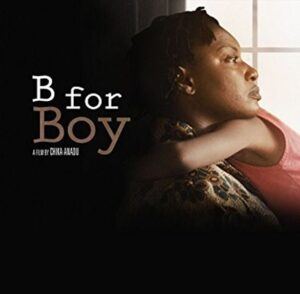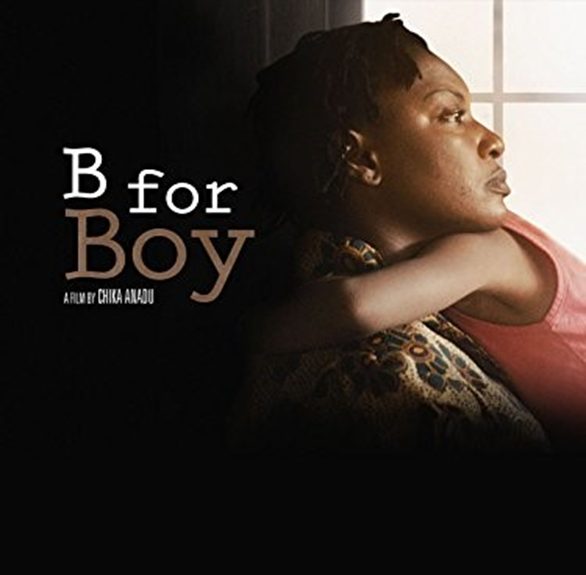
B for Boy is a heartfelt Nigerian drama directed by Chuko Esiri, delving deeply into societal expectations, gender roles, and the emotional challenges tied to the quest for a male child in a patriarchal culture. Set against the backdrop of modern Nigeria, the film poignantly examines the personal and familial struggles that arise from traditional gender biases, offering a nuanced perspective on the pressures women face in their roles as mothers and wives.
The narrative follows the lives of Ngozi (Shaffy Bello) and her husband, Obi (O.C. Ukeje), a couple at the center of a cultural and emotional conflict. After having two daughters, Ngozi finds herself under mounting pressure to produce a male heir, with her family and societal norms emphasizing the necessity of a son to uphold the family legacy. As the expectation for a boy intensifies, the strain begins to unravel not only Ngozi’s sense of self but also her relationship with her husband and extended family. Through this lens, the film explores themes of identity, love, and the sacrifices made in pursuit of cultural ideals.
At the heart of the story is Ngozi’s internal battle as she confronts the weight of societal expectations and questions her worth beyond her ability to bear a son. Her journey toward self-realization is portrayed with sensitivity, shedding light on the complex interplay between tradition and individuality. The film captures the quiet resilience and vulnerability of a woman seeking recognition as more than just a bearer of lineage.
The performances in B for Boy are profoundly moving. Shaffy Bello delivers a standout portrayal of Ngozi, embodying the emotional depth and quiet strength of a woman navigating intense scrutiny and expectations. O.C. Ukeje’s performance as Obi adds a layer of complexity, portraying a man caught between his affection for his wife and the unyielding pressure to conform to cultural norms. Together, their performances bring authenticity and emotional resonance to the story, supported by a strong ensemble cast.
Visually, the film is a masterpiece of subtlety and intimacy. George Zakk’s cinematography captures the emotional essence of the story through carefully composed shots that focus on the characters’ raw emotions and their interactions within familial spaces. The use of natural lighting and minimalist framing enhances the realism of the narrative, creating an immersive experience for the audience. Complementing the visuals is a soulful soundtrack that underscores the film’s emotional shifts, deepening the impact of its most poignant moments.
Beyond its personal narrative, B for Boy is a powerful critique of entrenched gender norms and the societal structures that perpetuate them. It questions the traditional valuation of women based on their ability to produce male heirs, while also addressing the role men play in upholding these expectations. The film invites viewers to reflect on how cultural norms shape individual lives and relationships, urging a re-examination of deeply ingrained beliefs.
Praised for its thought-provoking story and compelling performances, B for Boy stands as a significant contribution to Nigerian cinema. It challenges audiences to consider the impact of cultural pressures on families and the necessity of redefining gender expectations in contemporary society. The film’s timely message is both universal and deeply personal, reminding viewers of the importance of breaking free from traditions that limit human potential and dignity.




